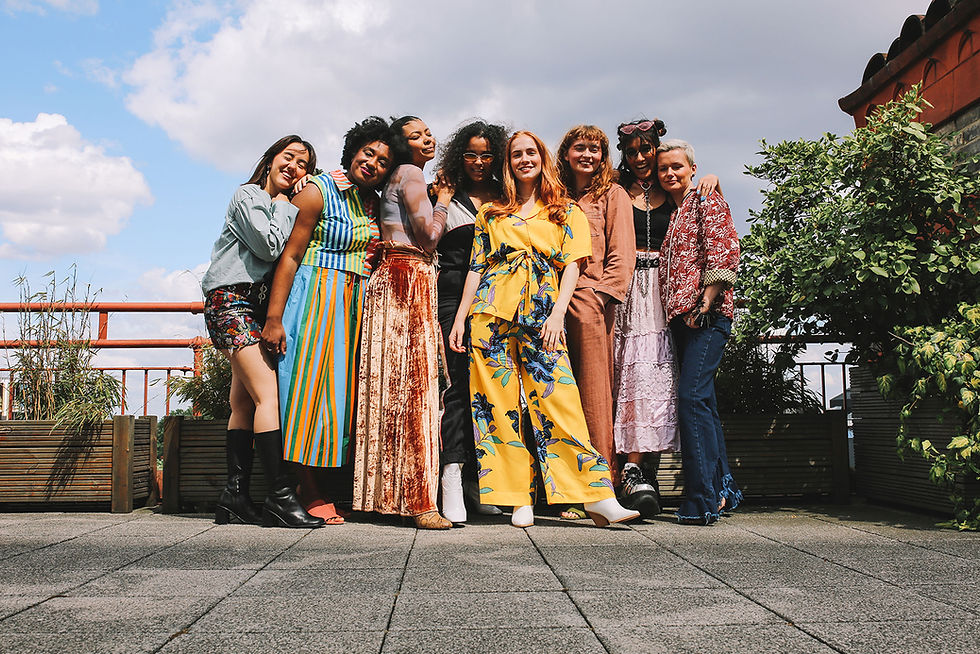Are we there yet? Doing what matters in fashion
- Dr. Mila Burcikova
- Sep 30, 2020
- 3 min read
Updated: Jan 12, 2021

Sustainability is not a destination; it is a journey. It is a verb rather than a noun. It is not black and white either. There is no universal how-to guide, or a one size fits all solution to ‘getting it right’. Like elsewhere in life, there will always be trade-offs for every decision that we make. Still, we can try our best with the information available to us. Never stop asking questions and listen carefully to the answers. Because the one piece of advice we can all take on our sustainability journey, is to keep learning how not to be discouraged by complexity and thrive on the hope that each time we try we will do a little bit better than before.
Over the last two years of our Fostering Sustainable Practices project, we have been working with micro and small fashion businesses who have taken on the challenge of doing exactly that. United by the aim of working towards something that matters, the designer-owners of these fashion MSEs constantly question how they do things and why. Despite the time pressures and the many competing demands of running a small business in a market dominated by much larger players, they do find time for reflection, rethinking, or even pivoting, to make sure that they are still heading in the right direction for what they set out to do.
Among the motivations for setting up on their own as opposed to working for another designer or a brand, the designer-owners quote the wish to contribute to community alongside financial viability, fulfillment from seeing others delight in your work (making customers happy), retaining creative freedom, being true to oneself, taking action in climate emergency, making a difference, and also aligning family commitments with work. Some of them wish to extend their current offering to further develop other creative and commercial options, others only want to grow to increase their impact and contribution to social and environmental causes they care about, many though prefer to stay small to ensure they can retain their integrity, creative freedom and keep doing what they love doing the most. Small enables to keep the business costs down, keep control, agility, and flexibility. All these have proved to be significant benefits during the Covid-19 crisis.
In the pre-summer post from the series linked to this project (see previous posts January, March, May, July) we made a pledge to return from the break to seize the moment and stand up for the world we would like to see post Covid-19. As Fostering Sustainable Practices is now entering its final phase of collating, analysis, and sharing of all that we have learnt from the micro and small fashion businesses that we partnered with, we have six busy months ahead of us when we will be working towards the long-term solutions that are needed now more than ever.
Especially since March 2020, the micro and small fashion businesses that have built their work on the need to do something that matters, have already corroded multiple preconceptions about what fashion business is or what it can be. Unfazed by complexity and the need to adapt and respond flexibly to the social and environmental context of their work, they have proven that fashion can be a reciprocal, mutually supportive process whose core foci are people, empathy, and well-being of all, within the environmental limits of our planet. Indeed, we are not there yet, and have still a long way to go. However, over the coming months, the team of our Fostering Sustainable Project will be working tirelessly to be able to share with you some strong examples to learn and take inspiration from along the way.







コメント